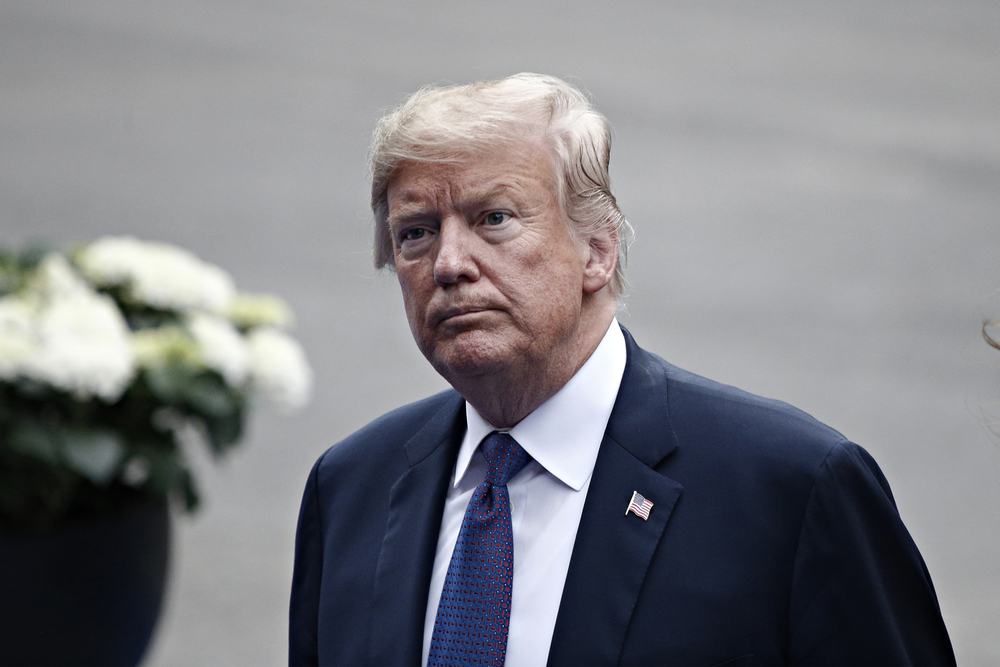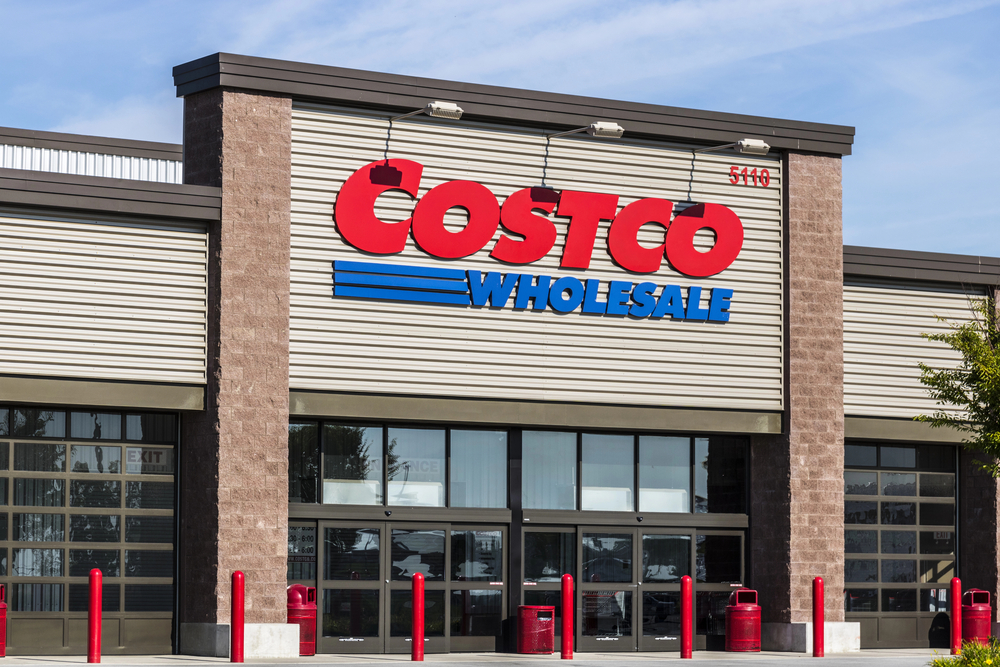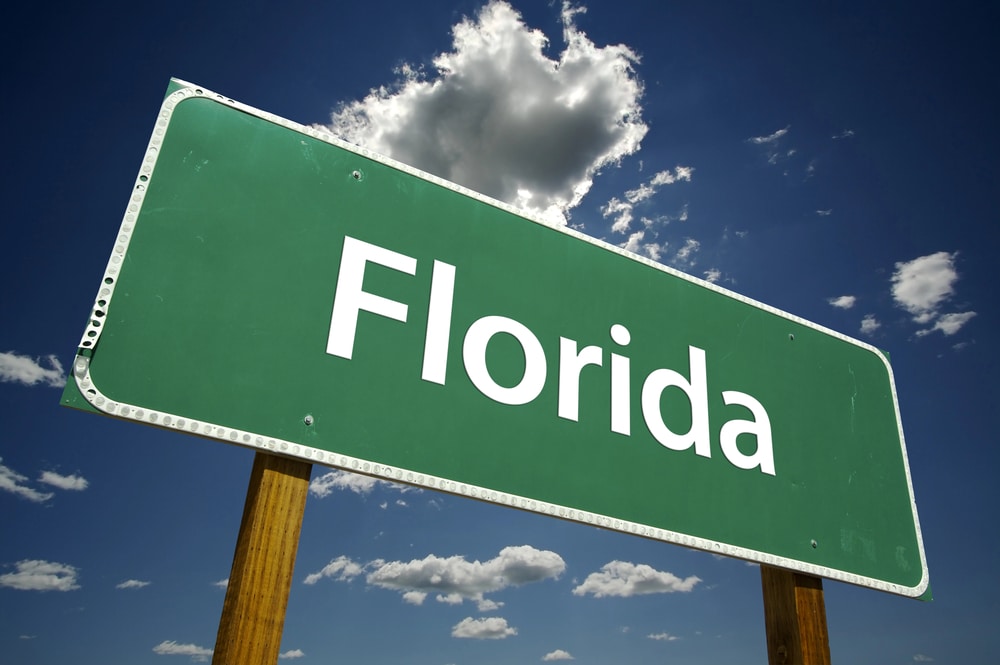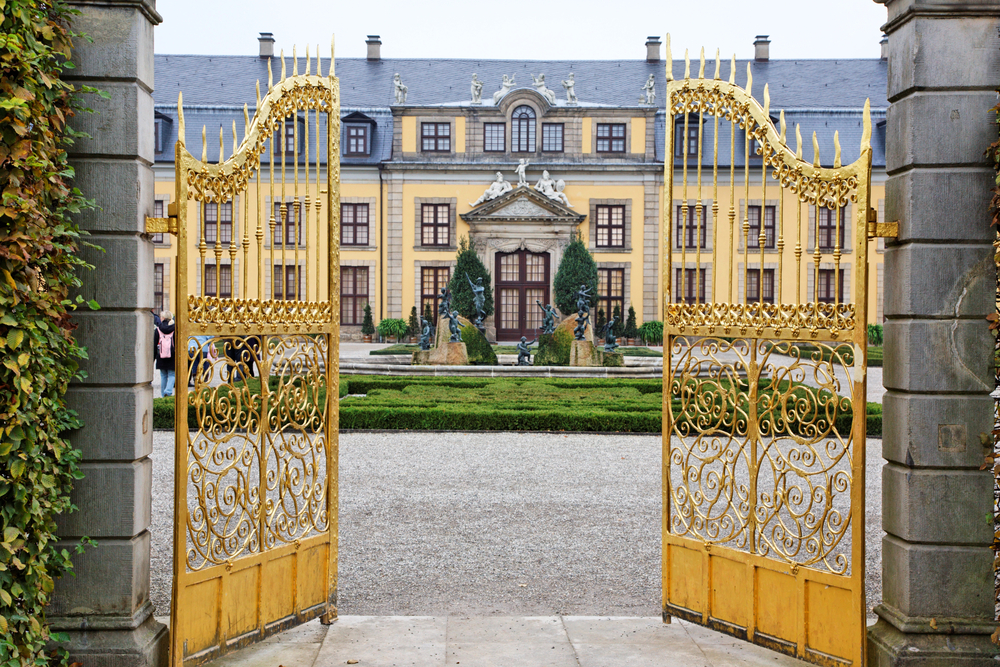
Image: Ale_Mi via Depositphotos.com
Donald Trump, the real estate tycoon and former U.S. President, has had a long and tumultuous business career. While he has achieved great successes, he has also had his fair share of failures.
From Trump Airlines to Trump University, Trump’s business ventures have been marked by a combination of poor planning, questionable ethics, and a tendency to overextend himself. Let’s take a look at some of his most infamous missteps.
Trump Steaks: A Failed Attempt at Luxury Meat
Trump Steaks was a meat and steak product line marketed by Donald Trump in 2007. The steaks were sold in The Sharper Image and QVC stores, as well as in Trump Tower. The steaks were packaged in a luxurious mahogany box with a slogan, “It’s not just a steak, it’s a Trump Steak.”
However, the steaks were met with a lot of criticism, both for their quality and their high prices. The steaks were also extremely expensive compared to the production costs, which resulted in complaints about the prices needing to be lowered.
Trump Airlines: A Flawed Dream of Luxury Flights
Trump Airlines was a vanity project that launched in 1989. Despite Trump’s name and promises of a luxurious flying experience, the airline struggled from the start. It had a limited route network, lacked modern amenities, and faced stiff competition from larger airlines.
Trump Airlines filed for bankruptcy in 1992, marking the end of his foray into the airline industry. The airline’s problems stemmed from a combination of factors, including its small size, limited resources, and Trump’s lack of experience in the airline industry.
Trump Network: A Multi-Level Marketing Venture That Failed to Gain traction
The Trump Network was a multi-level marketing (MLM) company that sold health and wellness products. The company was launched in 2009 and was eventually sold to another MLM company, Ideal Health.
The Trump Network’s main problem was its business model. The company’s focus on auto-shipments turned off many customers, and its lack of a clear or cohesive marketing plan further hurt its prospects.
Trump University: A Scam Allegation and a Legal Setback
Trump University was an unaccredited business school that promised to teach students Trump’s “secrets to success.” The school was accused of making false promises, misleading students, and failing to deliver on its promises.
In 2014, New York Attorney General Eric Schneiderman filed a $40 million lawsuit against Trump, alleging that the business was a “fraudulent scheme” that had fleeced its customers. The lawsuit claimed that Trump University made false promises to convince people to spend tens of thousands of dollars on “classes” and to pay for expensive and largely useless seminars and mentorships.
The case was settled in 2018 with Trump agreeing to pay $25 million to those who had taken courses with Trump University. He also agreed to end the program and never to offer education courses under the name of Trump University again.
Trump Mortgage: A Failed Attempt at the Mortgage Industry
Trump Mortgage was a mortgage company established in 2006. The company was intended to be a flagship of the Trump brand, but it failed to gain public trust and filed for bankruptcy in 2007.
Trump Mortgage’s problems stemmed from its poor management, lack of competitive rates, and its decision to focus on high-risk loans during the 2008 financial crisis.
Trump Vodka: A Spirit That Flopped
In the world of liquor, a good brand name can be a powerful asset. But for Donald Trump’s Trump Vodka, it wasn’t enough to carry the day. Launched in 2006 with the promise of becoming the country’s top premium vodka brand, Trump Vodka failed to live up to expectations.
Produced by Connecticut-based spirits distributor Drinks Americas, Trump Vodka was made using Dutch neutral grain spirits. While the packaging featured Trump’s iconic face and the tagline “Success Distilled,” the marketing campaign failed to resonate with the public. Sales of Trump Vodka remained underwhelming, with critics pointing to its high price tag, limited distribution, and bland taste.
Trump’s signaturebrashand aggressive marketing style, which worked well for his real estate ventures, seemed to clash with the competitive vodka industry, where consumers were accustomed to a variety of brands at different price points. In the end, Trump Vodka proved to be a costly misstep for the businessman, who reportedly lost millions on the venture.
Trump Casinos: A Series of Financial Disasters
Trump owned and operated four casinos in Atlantic City, New Jersey: Trump Plaza, Trump Marina, Trump Taj Mahal, and Trump World’s Fair at the Trump Plaza. All four casinos filed for bankruptcy, and Trump eventually sold his interest in the Trump Taj Mahal.
The casinos’ financial problems were due to a number of factors, including overexpansion, lack of diversification, and competition from other casinos in the Atlantic City market. Trump’s aggressive marketing tactics also contributed to the casinos’ financial troubles.
Trump the Game: A Failed Board Game
In 1989, Milton Bradley, a renowned board game company, released Trump the Game, a board game inspired by the business practices of real estate mogul Donald Trump. Players took on the role of one of four fictional real estate tycoons and competed to build an empire.
The game’s design, by renowned game designer Edgar M. Borges, was based on Trump’s real estate strategies. Players rolled dice, bought, traded, and sold properties, constructed buildings, and mortgaged their assets. The game was divided into three phases: real estate negotiation, real estate development, and stock market manipulation.
Despite its innovative gameplay and Trump’s name attached to it, Trump the Game was a commercial failure. It was discontinued after a short run, becoming one of the company’s shortest-lived games.
The game’s demise can be attributed to several factors. Critics pointed to its glorification of shady business dealings, which were often associated with Trump’s real estate empire. The game’s depiction of a bleak neighborhood, based on impoverished areas of New York City, also drew criticism.
Overall, Trump the Game failed to capture the imagination of board game enthusiasts, and its association with Trump’s controversial business practices further contributed to its downfall.







Tump’s biggest business failure is the sinking of the USFL.
Imagine being so incredibly foolish you lose ownership of a team (NJ Generals) and force the dissolution of an ENTIRE professional football league.
Billions were lost in one fell swoop.